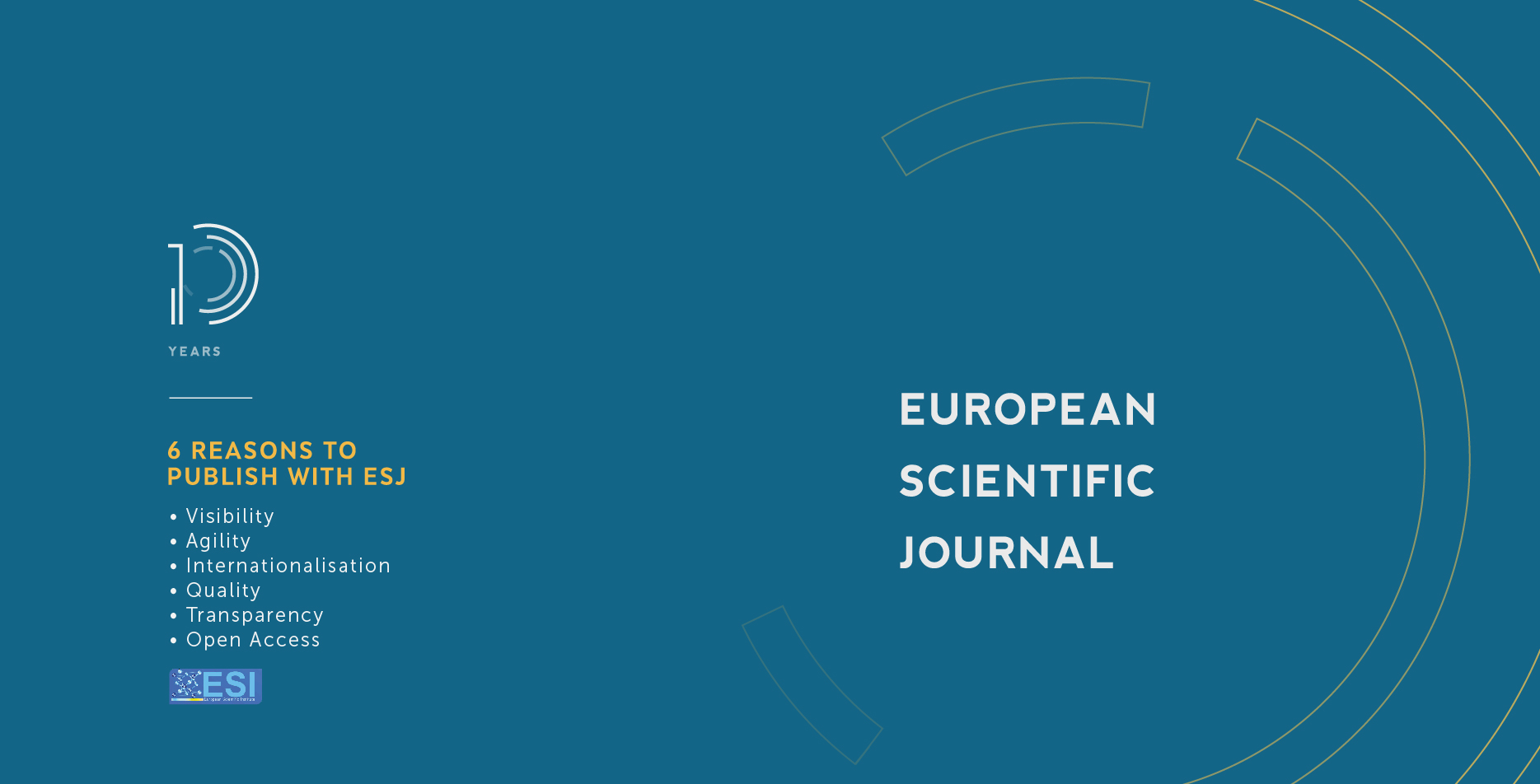Exploring Future Effects of Prolonged Austerity Policy on Environmental Decisions in Scotland: Perspectives from a Kuznetsian Thought Experiment
Abstract
The austerity policy atmosphere pursued by most European governments post 2007/8 financial crises, resulted in significant budgetary cuts to environmental protection institutions, meaning that more needed to be done with fewer resources. This raises a fundamental question: if resources or financial income for institutions that promote environmental protection drop or stop growing, as during recent austerity, how would this affect future environmental protection decisions? In response, this paper applied the Environmental Kuznets Curve (EKC) model as a thinking tool, to project and link “budgetary income” for environmental protection institutions and the “perceived environmental protection”, within a context of prolonged austerity policy atmosphere. The data for budgetary income and for perceived environmental protection was collected from published documents and questionnaire surveys, respectively, in Scotland, from stakeholders involved in the planning sector. The results showed a high likelihood of continued adverse effects on environmental protection, suggesting that a new debate towards a fundamental approach in how to protect the environment during prolonged periods of financial hardship is urgently needed. The paper concludes that there is an urgent need to overcome the powerful state rhetoric and rationale that puts neoliberal exigencies of economic revitalisation above considerations of environmental protection.
Downloads
PlumX Statistics
Copyright (c) 2020 Vincent Onyango

This work is licensed under a Creative Commons Attribution-NonCommercial-NoDerivatives 4.0 International License.








